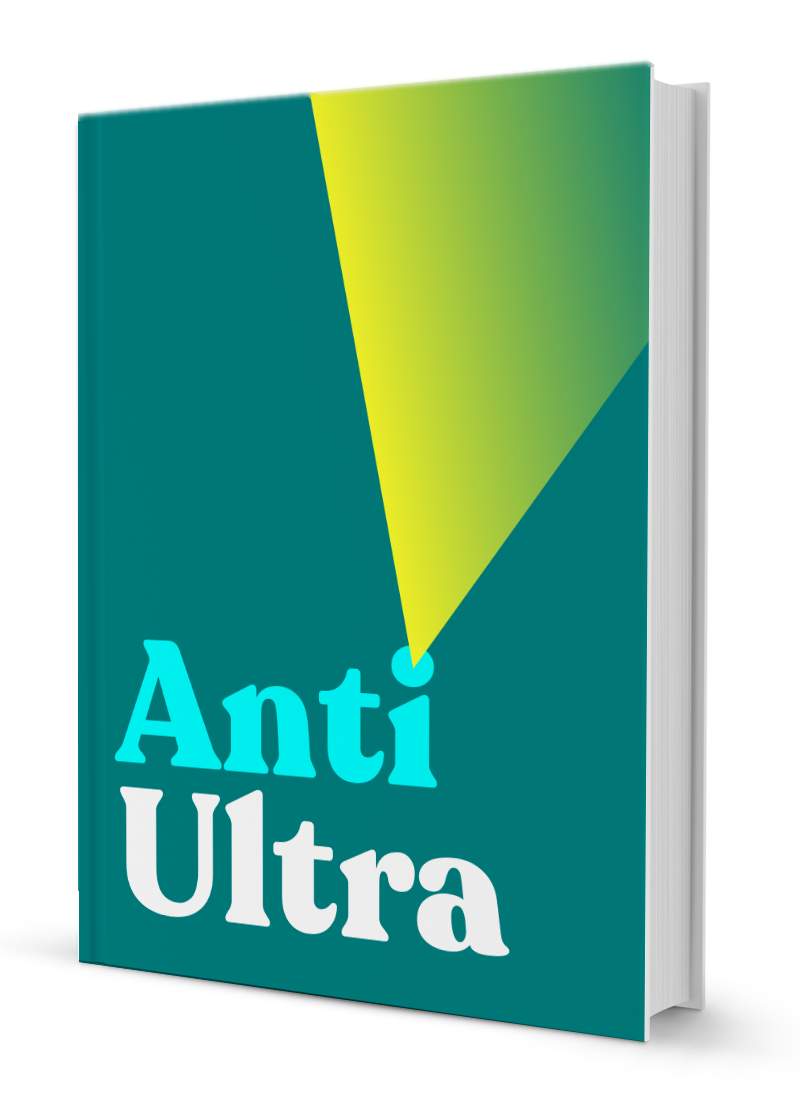


Timothy Leary’s dead
No, no, he’s outside
Looking in
—Moody Blues, 1965
In 1960, while still at Harvard, Timothy Leary administered psilocybin to prisoners at Massachusetts Correctional Institution, Concord. Ten years later, many of the former inmates participating in Leary’s rehabilitative program have remained out of prison. It is most ironic that Leary’s advocacy and use of psychedelics resulted in his own arrest and imprisonment while helping others to stay out of prison — a surrealistic tragicomedy exchange program.
It says in the Upanishads that what is within is also without and what is without is also within. To see a difference between what is within and what is without dooms one to eternal darkness. Encapsulated Selves, imprisoned bodies. Is there any difference? We create our own private walls and live in prisons devised by centuries of human ingenuity. Security, defense, protection triggered by instincts archaic but not quite obsolete. We are both within and without the Great Wall. Alone together — a patient spirit still, burdened with presumptuous egos and clumsy bodies. My body, not yet love’s body.
Like almost all men in all times, Leary chose to free the ego-body from external oppression rather than nurture in isolation the free spirit within. Is this a real dilemma? Is one prerequisite to the other? The answer is 'yes' for those who are not yet fully conscious, namely, all of us or almost all of us. The exceptions are the saints and ascetics. Timothy Leary is neither a St. Paul nor a Charles Manson. Perhaps we should be grateful. Manson was told once in Prison, “You ain’t never going to get out of here." Manson replied, “Out of where, man?” Charles Manson spoke to Rolling Stone (June 25, 1970) about his experiences in prison saying:
"I got so I actually loved solitary. That was supposed to be punishment. I loved it. I began to hear music inside my head. I had concerts inside my cell. When the time came for my release, I didn’t want to go."
Neither saint nor ascetic. Leary is a 'high priest,' the Fool in the Tarot deck, with his head in the clouds and his feet on the ground, believer in the cosmic giggle. Timothy Leary is still one of us. Many of his lovers and critics reacted to his escape with a sense of relief or triumph. He’s still one of us. To others, his recent actions were disappointing, regretable. Why doesn’t he suffer for our sins, and, and, STOP GRINNING!
Like the Bardos of the Tibetan Book of the Dead, the sections which follow are presented in chronological order as they appeared or were obtained. This order is the reverse of the Bardos for reasons which should become apparent. Part I (Sidpa or Third Bardo) consists of two sections, both written by Leary himself. The first section (The Eagle Brief) is Leary’s final appeal to the Supreme Court composed in free verse and released shortly before his escape from the San Luis Obispo Detention Center. The second section (Farewell Address) is an open letter released shortly after his escape and published in various newspapers.
Part II (Chonyid or Second Bardo) consists of a transcribed interview with Joseph Rhine, one of Leary’s senior attorneys, conducted by Gerald Pearlman of The Psychedelic Review. Mr. Rhine conferred with Leary the day prior to his escape. The interview was obtained two weeks after the prison escape and deals mostly with Leary’s personal and sociopolitical motives as well as his legal status.
Part III (Chikhai or Third Bardo) is the verbatim transcribed response of Baba Ram Dass (Richard Alpert) to questions concerning Leary’s recent actions in the light of his previous professed commitments. In contrast to Mr. Rhine, Ram Dass views Leary’s current ventures more from the perspective of a spiritually-evolving being, The main portion of the interview focuses on Ram Dass himself—his present involvements and views. This portion of the interview will appear in the next issue of The Psychedelic Review.
The first period (Chikhat Bardo) is that of complete transcendence—beyond words, beyond space-time, beyond self. There are no visions, no sense of self, no thoughts, There are only pure awareness and ecstatic freedom from all game (and biological) involvements. The second lengthy period involves self, or external game reality (Chonyid Bardo) — in sharp exquisite clarity or in the form of hallucinations (karmic apparitions).
The final period (Sidpa Bardo) involves the return to routine game reality and the self. For most persons the second (aesthetic or hallucinatory) stage is the longest. For the initiated the first stage of illumination lasts longer. For the unprepared, the heavy game players, those who anxiously cling to their egos, the struggle to regain reality begins early and usually lasts to the end of their session.
Some notes for the modern reader: The article above was transcribed by volunteers at The Castalia Foundation from a copy of our printed magazine The Psychedelic Review (1971). There are three more parts to this article on The Radicalization of Tim Leary, which you can read for free in Issue #11, which is transcribed — together with other issues of the magazine — in full, on our archive page, here.

